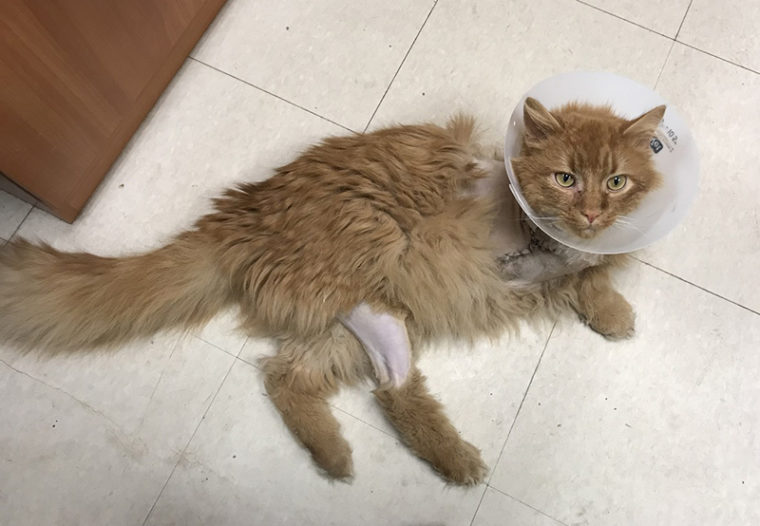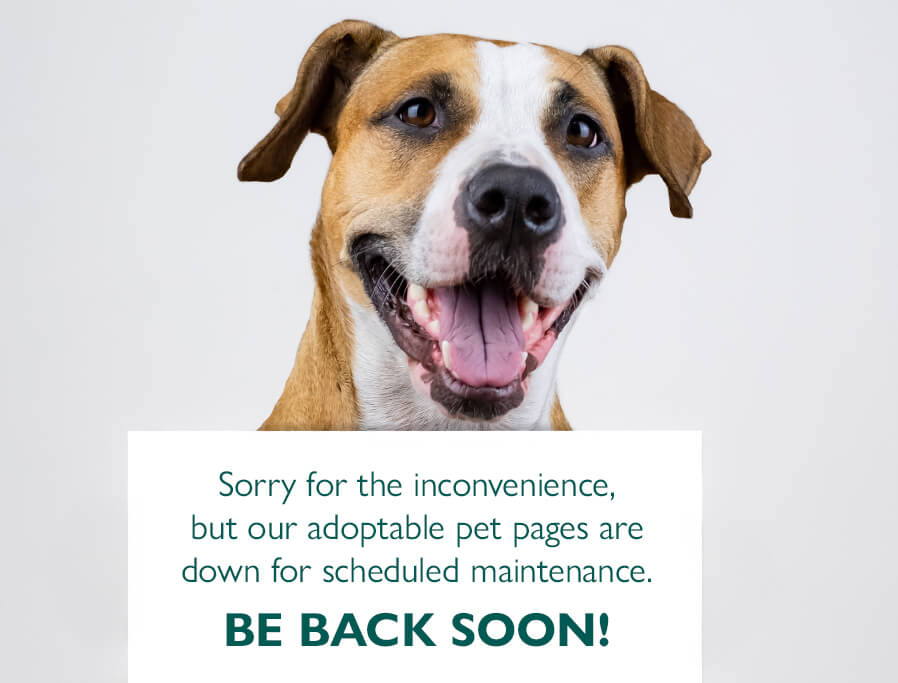Everyday Lollypop Farm Humane Law Enforcement Department receives calls asking us to look in on animals who may be victims of abuse. Our five investigators are charged with investigating and enforcing the animal crimes law of New York State in Monroe, Livingston, Genesee, and Orleans counties. The accounts of crimes against animals can be hard to hear, but sometimes the most difficult part of the job is knowing just how many pets are still out there suffering in silence. You can turn the life of a pet around, and help bring abusers to justice by learning how to identify and report potential abuse to Lollypop Farm at 585-223-6500 or 9-1-1.
The first step is to familiarize yourself with the laws in your state and county. While we all may want the very best for our community’s pets, it’s important to note that what one person sees as inhumane may still be legal. Our Humane Law Enforcement Investigators work within the constraints of the law to help as many pets as possible. Here is a great resource to better understand New York State’s Animal Crimes Laws.
Identifying Neglect of Animals
Neglect can include failure to provide adequate food, water, shelter, or veterinary care for an animal. Neglect is one of the most commonly seen forms of animal abuse by Humane Law Enforcement Investigators. These cases can consist of anywhere from a single animal to larger groups such as those seen in animal hoarding situations. While context is important to any case some of the signs of neglect to be aware of are:
- A tight collar causing injury to the neck
- Open wounds or ongoing complications from untreated wounds/illness
- Untreated skin conditions resulting in hair loss, scaly skin, bumps and rashes
- Extreme thinness or emaciation where bones maybe visible
- Signs of inadequate grooming such a matting of fur and overgrown nails where it may be causing pain to the animal
- Weakness or limping
- Animal is tied up outside for long periods of time without adequate food or water
- Animals that are in distress due to extreme weather conditions
- Pets are kept in areas littered with feces, garbage, broken glass, or other harmful objects
- Animals are housed in kennels or cages without room to stand or turn around

Physical Abuse
Physical animal abuse can take on many forms. Sadly, pets often suffer silently from violent crimes that happen in the privacy of home, and the pets may not be the only ones. Research has shown that there is a link between animal crimes and crimes against people. Abusers of animals are likely to escalate and abuse people as well. That’s why it is so imperative that animal abusers are reported, for the safety of both the pets and people in their lives. Physical abuse can include blunt force trauma, burns, asphyxiation, sharp force trauma, drowning, projectile injuries, and even sexual abuse. Because there are so many forms of physical abuse, there are a variety of warning indicators such as:
- Injuries to more than one location of the body
- Multiple injuries at different stages of healing
- A changing story about how injuries occurred
- A story that seems inconsistent with the pet’s injuries
- Failure to seek prompt medical attention for a pet’s injury
- Weakness or limping

Take the pledge to help a pet in need. If you suspect a pet to be abused or neglected contact Lollypop Farm Humane Law Enforcement Investigators at (585) 223-6500 or dial 9-1-1.
Want to help bring abusers to justice? Lollypop Farm Humane Law Enforcement Department receives no government funding. Your donations can help our investigators protect pets in our community and prevent future abuse. Donate today.


